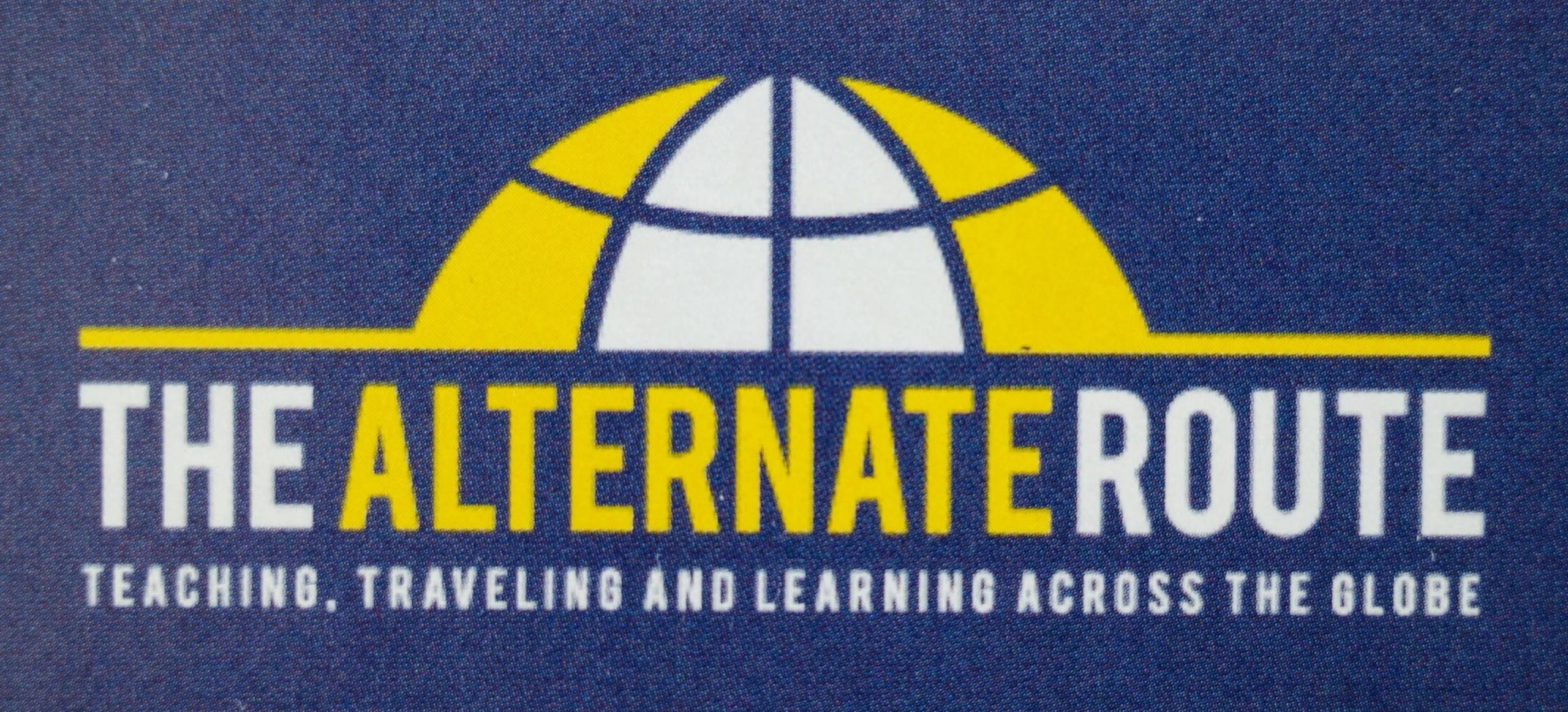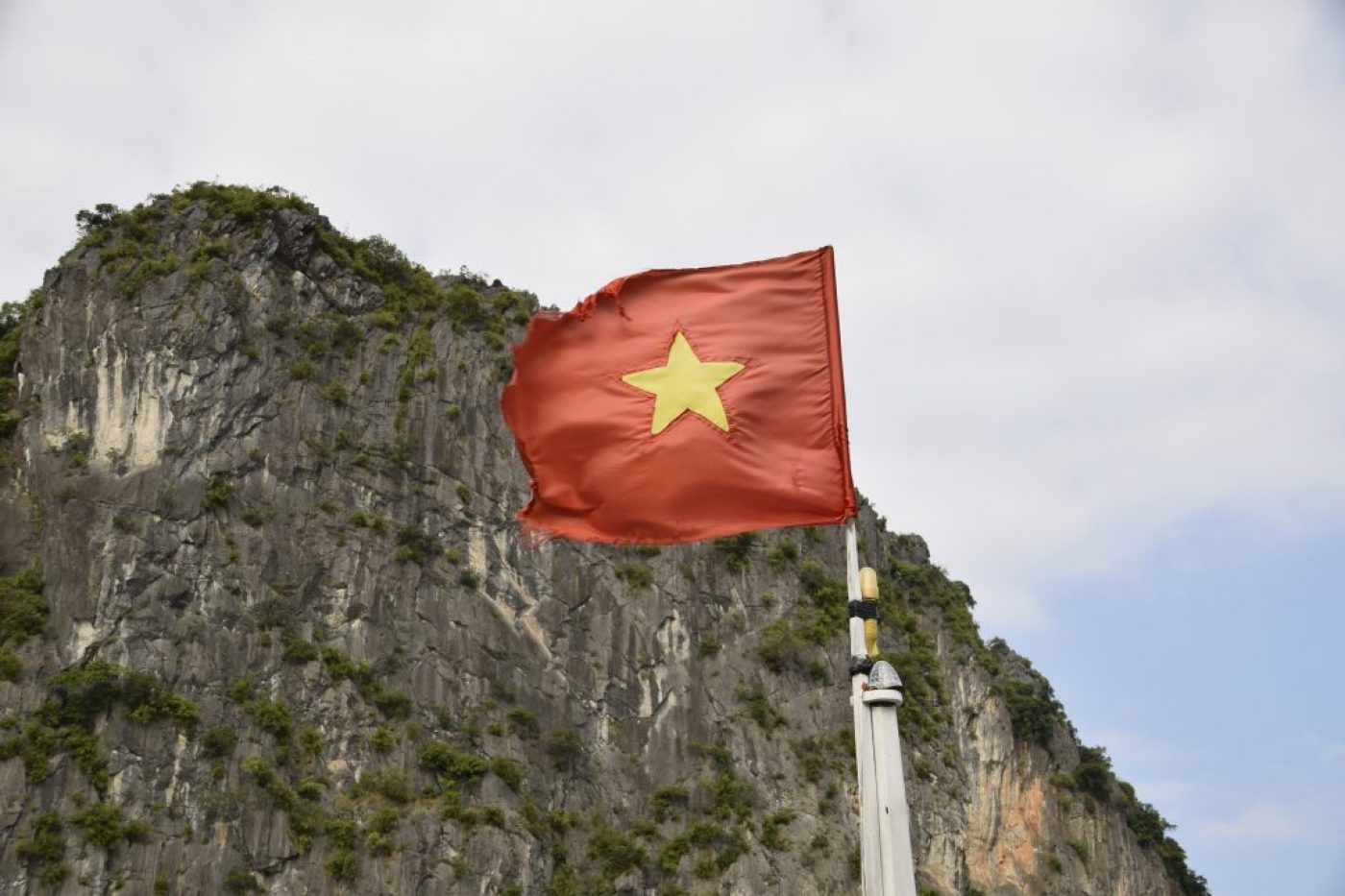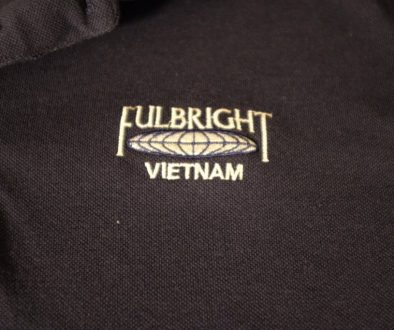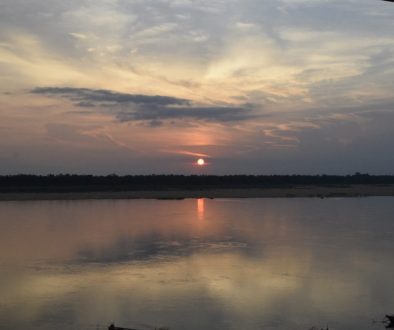When I applied for the Fulbright Distinguished Awards in Teaching, I was asked to choose a first and second choice from a list of thirteen countries. There were a few countries on the list I had been to before (Morocco, England, Chile, Netherlands). Other countries on the list included Mexico, Taiwan, Palestinian Territories, Singapore, Israel, Finland and South Korea. Some of these places were geared towards world language teachers, and others I knew would be extremely popular and therefore more competitive.
Vietnam stood out as a place that I might never get to on my own, and it is surrounded by many diverse countries that make it a great region for traveling. My second choice, Botswana, sits in southern Africa, a region I have long dreamed of spending time in. Someday I’ll get there, but not on this trip.
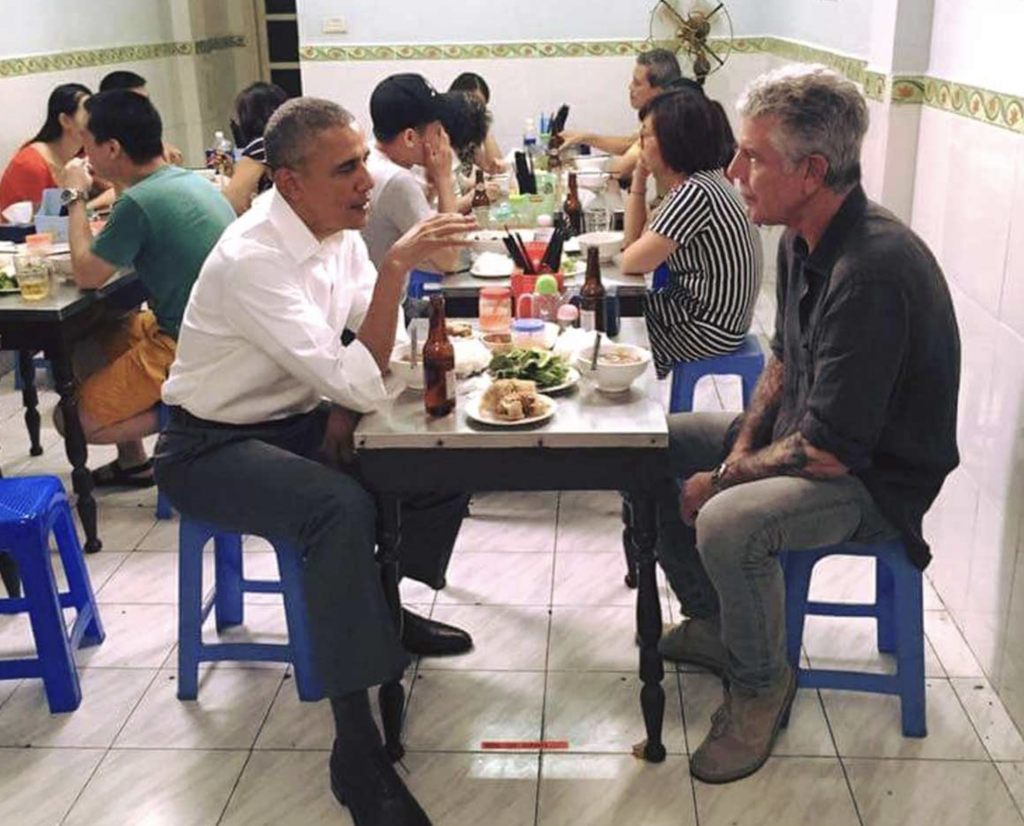
What I’ve learned about Vietnam since then intrigues me even more. When someone mentions Vietnam, Americans automatically think of the Vietnam War and the associated images seared in our minds. Vietnam today is a forward-looking country with a young population. Forty-two percent of the population is under 25, and the “American War,” as it’s known in Vietnam, is ancient history. The Vietnamese are welcoming to foreigners and are happy to meet Americans. There will be a lot more to learn and experience during my time there.
Since the day I chose Vietnam last fall, President Obama and Anthony Bourdain sat on low plastic stools enjoying bún chả, a popular pork and noodle dish in Hanoi. Bourdain, who raves about Vietnamese food, said the bill for both of them totaled $6. I think I made the right choice.
Vietnamese flag image CC0 Public Domain from Pixabay.com
